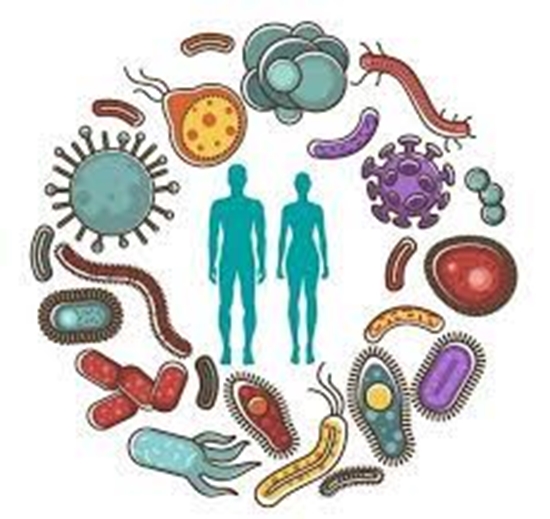Ethical challenges in conducting and the clinical application of human microbiome research

Hanieh Sadat Ejtahed, Mojtaba Parsa, Bagher Larijani
Publication date
2023/7/29
Journal
Journal of Medical Ethics and History of Medicine
Volume
16
Description
The human microbiome is defined as the population of microorganisms, including bacteria, viruses, fungi and protozoan, as well as their genetic material, which live on and inside the human body as a host (1). According to the historical understanding, the general public thinks of microorganisms as pathogens and ignores the majority of harmless or beneficial species. In recent decades, emerging high-throughput sequencing technologies have caused swift advances in microbiome science, leading to dramatic changes in our understanding of ourselves, health and disease (2). This view of the human being as a superorganism and the human body as a dynamic ecosystem has led to a more comprehensive vision of health and a paradigm shift in clinical practice and public health. In the past, a distinction was drawn between the role of envi-





ارسال نظر